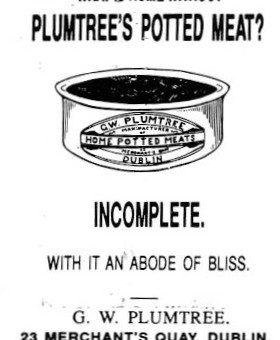The following is a little potted something that I give to my students when we are trying to puzzle out what it means to be ‘modern’, to work towards an understanding of what historical continuity connects Hamlet to L20C works like The Unbearable Lightness of Being or Rosencrantz and Guildenstern Are Dead. I include it here as an addendum to my previous post: before you go emailing me about how historically vulgar and Olympian it is, I’d just like to say that it is a bit, yes, vulgar and Olympian, a bit of a caricature of intellectual history. But young students need to see history in such broad bush strokes to care about it at all, to feel it is relevant to their experience of the world as it feels like it stands now. I reproduce it here because, increasingly, I feel, a lot of contemporary literature has abandoned even this vestigial inkling of historical awareness. So many writers today feel as if they can safely ignore the efforts of those who have written before us, those modernists hose who have wrestled with one or another version of this narrative: Joyce, Woolf, Beckett, Brecht, Borges, & etc, are now safely consigned to the dustbin of literary history, so easily forgotten in the search for the next Booker short list nominees. Writers today are free to write in any mode they choose, to write, even, as if 19C realism is in no way compromised or problematic. And yet questions of……
The Arc of Modernity: From Hamlet to Rosencrantz and Guildenstern Are Dead
-
Recent Posts
- The Hand-in-Glove Song of the Interweb Preterite (Doggerel verse)
- Review of White Mythology + Interview With Yrs Truly
- 2022 in Reviews: Dubyedee’s Top Fiction Reads (plus a few non-fiction books)
- Fully Automated Luxury Communism: A Manifesto by Aaron Bastani (Book Review)
- The Intimidator Still Lives In Our hearts, by Gary Amdahl (Review)
- November Song
- Waiting For Anton, A Play in Five Acts
- Reward (to the Tune of “Reward”)
- FinTechBro Karaoke (to the Tune of “Edelweiss”)
- Elevator Pitch, from the Sage Thicket of Eli Cash
- White Mythology: A Novel by W.D. Clarke
- Everything, All the Time, Everywhere: How We Became Postmodern by Stuart Jeffries (Book Review)
